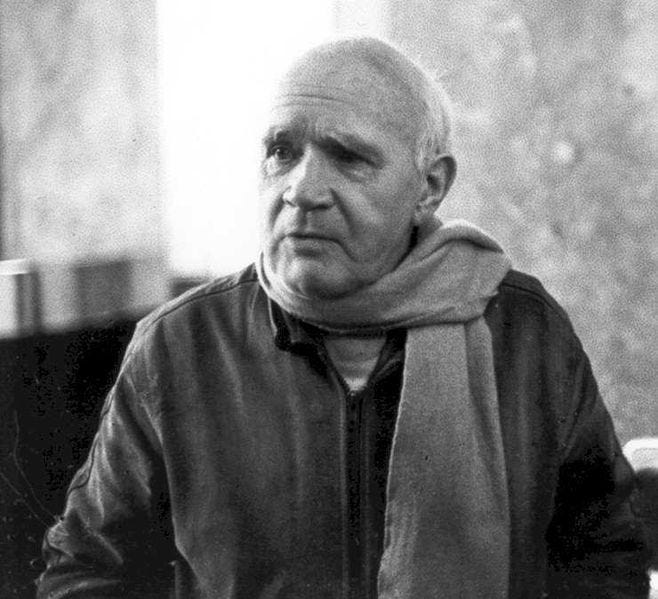
Indonesia’s Fundamental Dilemma: Policy Cycle vs Political Cycle
After its recovery from a destructive crisis at the end of the 1990s, the Asian Financial Crisis, Indonesia is remarkably successful in regaining stable economic growth and reforming its political institutions. However, Indonesia’s performance after AFC is good enough but good enough is not enough. Indonesia’s economic performance is characterized by non-rapid, inclusive, and sustainable growth. A dependency on commodity-based growth rather than high-value-added industry, a trend of de-industrialization, and an intractable increase of inequality are some of Indonesia’s economic challenges.
Indonesia has tried to develop several mission-oriented policies in dealing with its current economic challenges. Some of them are the Master Plan for the Acceleration and Expansion of Indonesia’s Economic Development 2011 - 2025 (MP3EI) by Susilo Bambang Yudhoyono’s (SBY) administration, the Economic Policy Packages (PKE), and the Omnibus Law by Joko Widodo’s (Jokowi) administration. The three are intended to address Indonesia’s infrastructural backwardness and then transform Indonesia from a raw commodity exporter into a high-value-added industrial country.
Unfortunately, MP3EI is terminated by Jokowi in 2014 before completing its implementation. Jokowi then launched PKE in 2015. After 16 series of PKE had been issued, Jokowi in his second term initiated the Omnibus Law. These policy changes show that there is no sustainability of the implementation of long-term policies. The change in a governmental regime or period will be followed by terminations of long-term policies initiated by the former government.
The changes from MP3EI into PKE and then Omnibus Law is not merely a policy phenomenon yet also political. Since the MP3EI is widely known as SBY’s legacy, the Jokowi administration chose to change it with the PKE, which then be changed again with the Omnibus Law. Behind this scene, there is a dilemma that has been an intricate problem in Indonesia for many decades, the dilemma between policy cycle versus political cycle.
A long-term policy typically has an implementation period of 15 - 25 years while a political leadership term is 5 years. When a political regime sets a long-term policy for 15 years of implementation, it must win three elections consecutively to secure the implementation from being terminated by the next political regime. The problem is that after reformasi there is no political party that could win three times consecutively.
Politically speaking, the problem of the political cycle is also about effectiveness. A political cycle is roughly 5 years, yet the actual effective years of governance is approximately only 3 years. When governing political coalition in its fourth year in office, political parties’ attention will be diverted to secure their position in the forthcoming general election as well as promoting figures to be presidential candidates.
There is a concerning problem here, the problem of time consistency. Typically, an existing government will face difficulties in completing its policy implementation that required more than 3 years of implementation. When a political leader enters his or her fourth year in office, parties in the coalition will devote their attention not to accomplish the implementation but broaden their popularity. A clear example is several surprising maneuvers of Partai Keadilan Sejahtera (PKS) at the end of SBY’s second term. PKS rejected SBY’s policy proposal to cut the fuel subsidy. At the same time, PKS was approaching an opportunity to pose its leader, Anis Matta, as presidential candidacy.
The dilemma is the reason why Indonesia is suffering an addiction to short-termism. The addiction makes political figures in Indonesia always try to propose a set of contradicting policy agendas. The clear examples are Indonesia’s two latest presidential elections where both Jokowi and Prabowo proposed broad social protections and lower taxes. Typically, broad social protection requires a higher tax regime to be financed. On the other hand, a lower tax regime requires limited social protections. Hence, the combination is technically not implementable. Yet, in Indonesia, that contradiction is ignored and the combination is a popular policy proposal. Short-termism simply ignores the implement-ability as a consideration. This makes the dilemma’s effects are getting worse.
To address the dilemma, the most effective action should be taken politically. In the transitional period from the current administration to the next administration, an agreement should be made. The agreement contains a memorandum of understanding that the next government will continue the current administration’s long-term policy substantially. On the other hand, the current administration permits the next administration to rebrand and incrementally adjust the policy based on its administration style. The agreement can be a decisive action in securing the completion of implementation as well as tackling short-termism.









